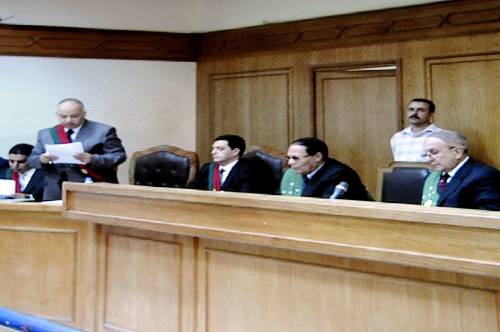
An Egyptian court acquitted a male doctor Thursday of carrying out a female circumcision that killed a teenager, in the first case brought since the procedure was banned in 2008.
The court also acquitted the 14-year-old's father who took her to the doctor for the operation.
Despite the ban, female genital mutilation (FGM) is still widespread in Egypt, especially in rural areas, and is practised among minority Christians as well as Muslims.
The court acquitted the doctor of all charges, which included "manslaughter, negligence, endangering the child's life, and performing FGM".
The operation at the centre of the trial was performed at a private clinic in the Nile Delta city of Mansura in June 2013.
FGM involves the removal of the clitoris and, sometimes, even more extreme mutilation, in a bid to control women's sexuality.
The procedure can cause lifelong pain and serious complications during childbirth.
A 2000 survey found that 97 percent of married women in Egypt had undergone the procedure.
Activists say the campaign to end the practice suffered a setback with the 2011 overthrow of president Hosni Mubarak, whose regime imposed the ban.
Some Islamists argued that the ban was a legacy of his autocratic rule which should not be enforced.
FGM is also practised in a number of other African countries as well as parts of the Middle East, and is usually carried out by other women.
The World Health Organization estimates that up to 140 million women have been victims of genital mutilation worldwide.
